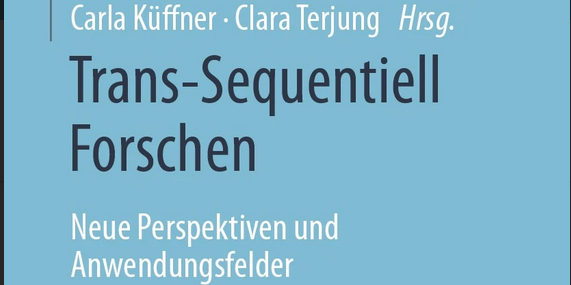Chapter »Digital Objects? Materialities in the Trans-Sequential Analysis of Digital Work« published

This chapter asks how researchers can adequately take account of digital technology’s contribution to collaborative work. It is argued that ethnographic studies of digital work can benefit from Trans-Sequential Analysis (TSA), a perspective for empirical social research which concerns the spatiotemporal organization of social processes through the continuous and collaborative work on “formative objects”. Trischler shows that particularly TSA’s praxeological concept of materialization is helpful to understand how software, hardware and data contribute to cooperation: it allows to trace how shared objects materialize step by step, how participants work on them in situ, and how they save and share their work with collaborators elsewhere. Arguing that digital work occurs materially, too, and that TSA provides a systematic framework to research how it does so empirically, the chapter offers an in-depth discussion of TSA’s methodological assumptions of materiality as well as its implications for research based on an ethnographic case study. In the empirical analysis, Trischler discusses the step-by-step materialization of digital visual effects for film and television as drafts and the situated use of different materials to evaluate them in screenings, to introduce a concept of digital objects, and to demonstrate both the material variety of digital work and the use and usefulness of TSA in studies of digital work.
The paper "Digital Objects? Materialities in the Trans-Sequential Analysis of Digital Work" is available at Springer Link: https://link.springer.com/chapter/10.1007/978-3-658-40826-8_7






